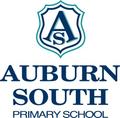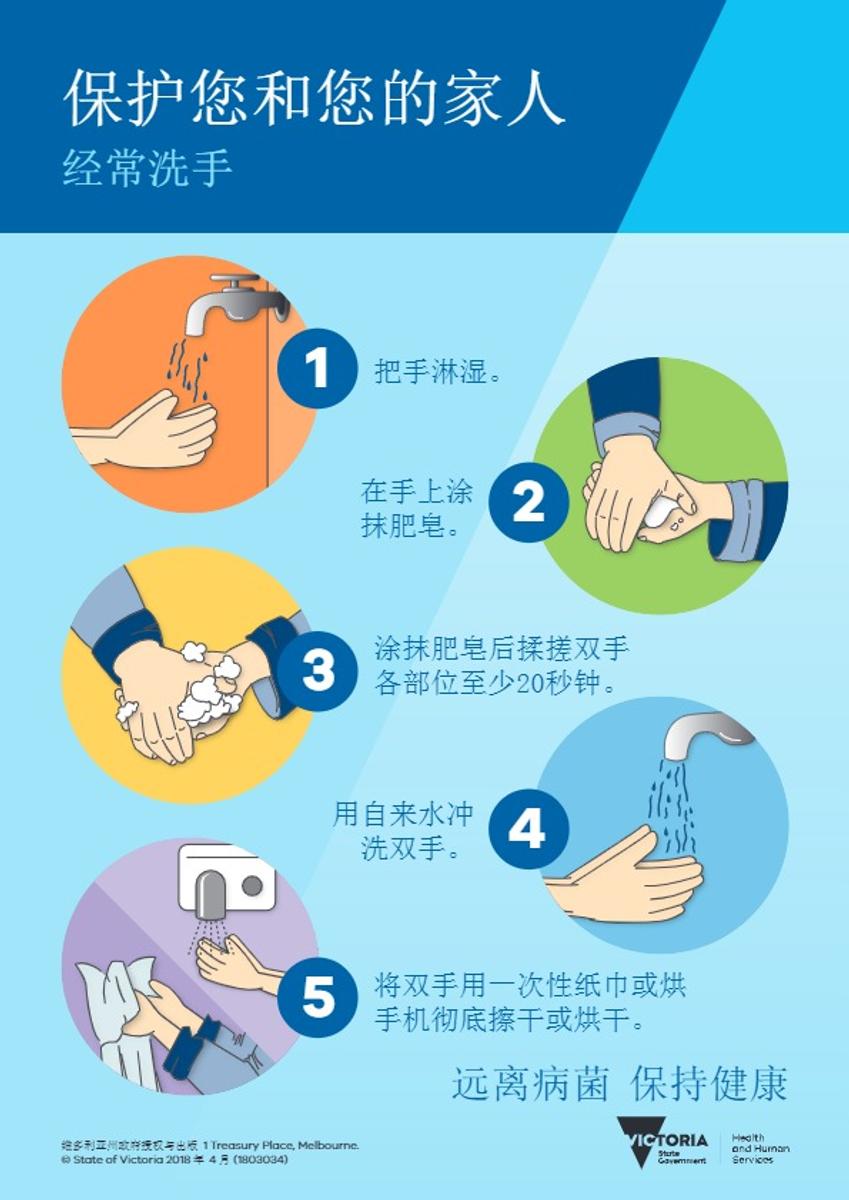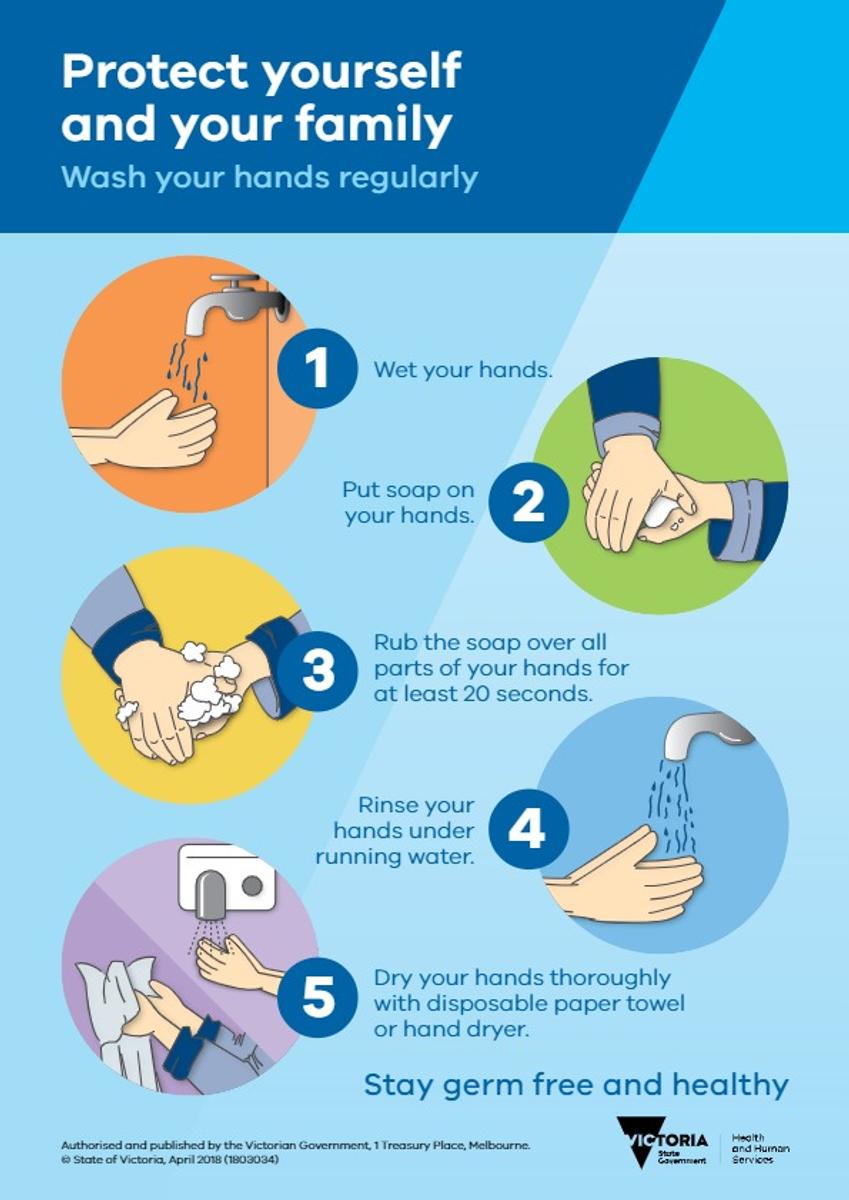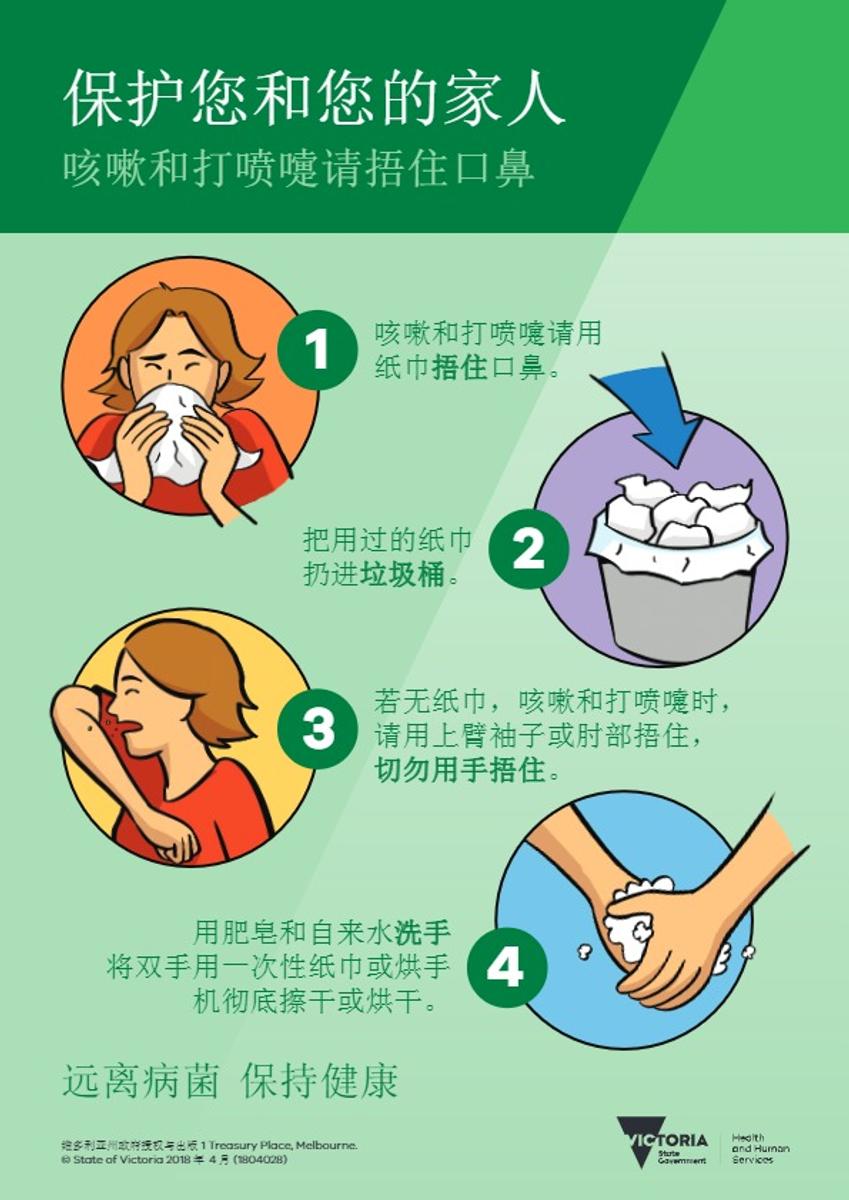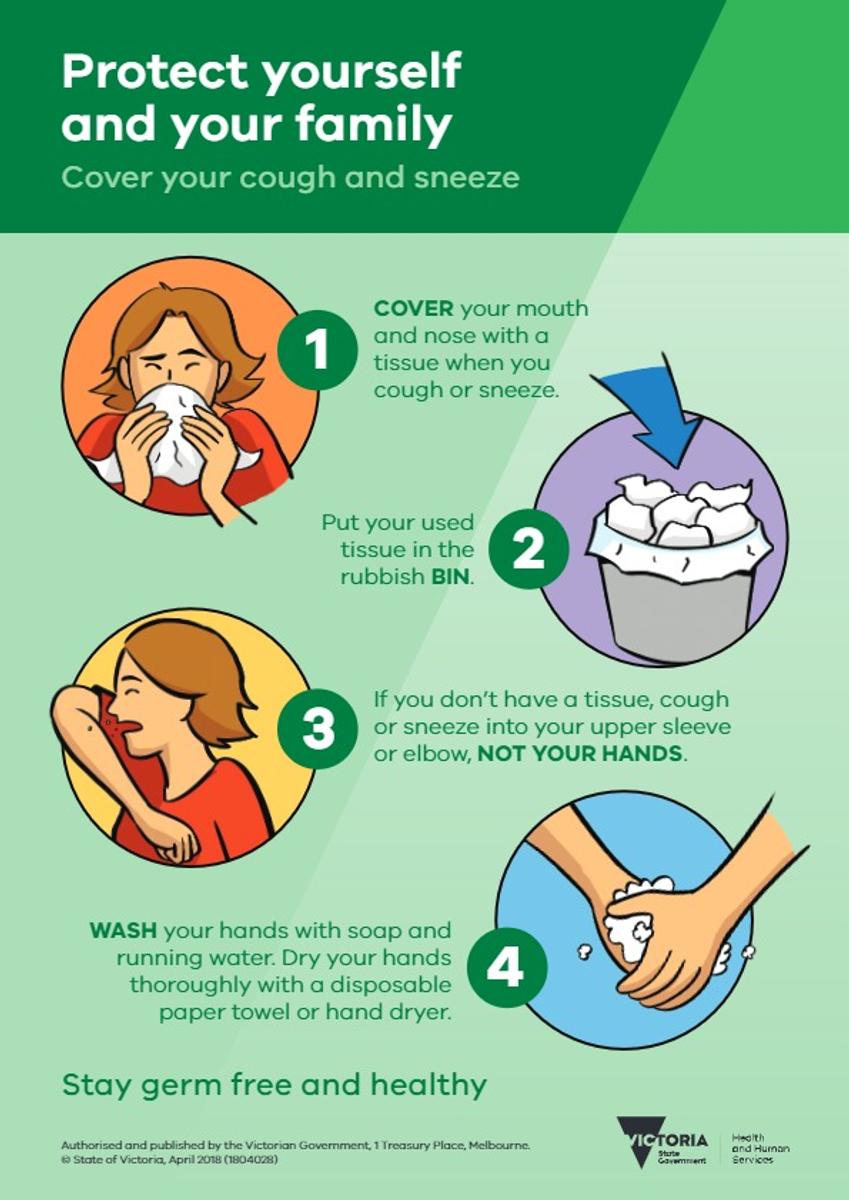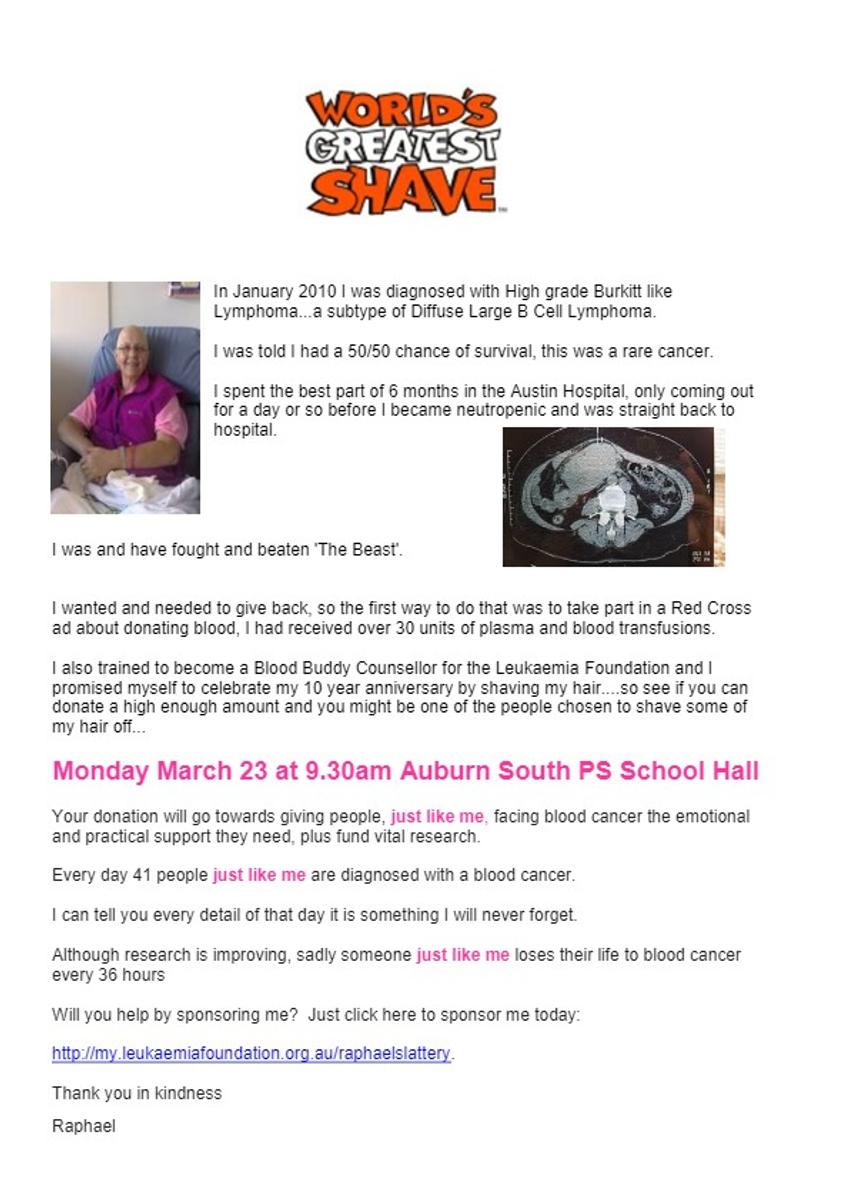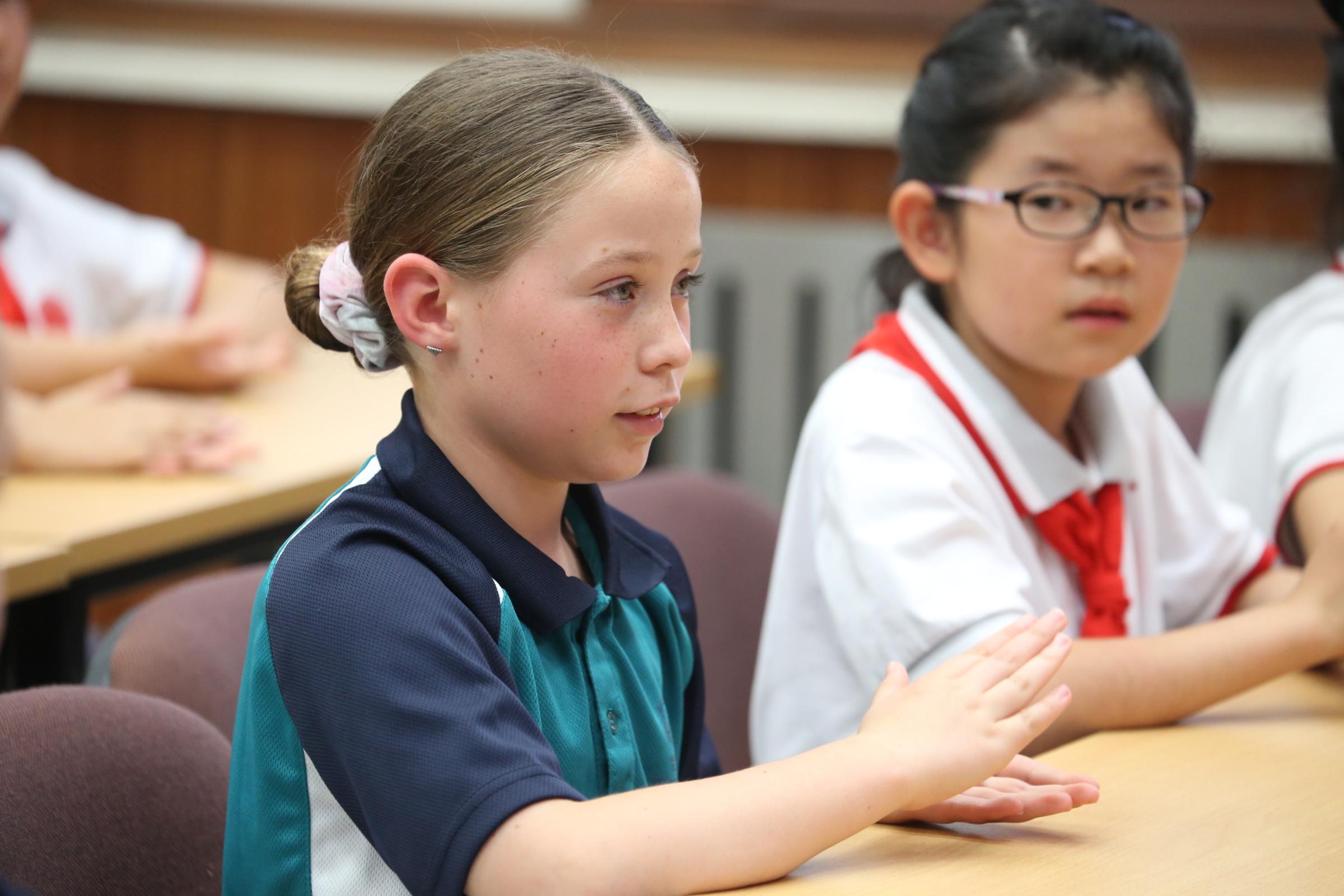
Principal Team Report
Welcome Back to School!
It is our pleasure to be able to welcome everyone back for the 2020 school year with a very special welcome extended to our newest members of the community, our 2020 Preps!
While the summer break has been a time of great stress for many Australians with the bush fires and the emerging coronavirus outbreak, I hope that all families still found time to relax and enjoy precious holiday time with family and friends.
As we begin the school year, I would also like to thank our wonderful staff for all of the hard work that they have put in over the past couple of weeks to ensure that everything was ready for the students as they arrived back at school.
Relationships Matter
As part of our first two curriculum days for 2020, staff engaged in the relationships module of our school-wide Visible Wellbeing approach.
Specifically, we looked at teachable relationships skills that allow us to build the wellbeing both of the person using the skills, and the other member/s of those relationships. These relationships skills allow us to notice more of the cues from those around us and respond to them in a way that meets their needs and engages more fully with the emotional state of that person. As part of the training sessions, all teams across the school set relationships goals that they will focus on developing with each other and their students throughout 2020.
One of the key research findings we learned about through the training module was the importance of the 5:1 positive:negative ratio in relationships and teams –you might like to try keeping track at the dinner table and work towards keeping close to that ratio at home!
We also encourage all families to take a few moments to watch the following Ted Talk which focuses further on the importance of relationships.
Restorative Practices
In addition to the Visible Wellbeing Relationships module, all staff also participated in Restorative Practices training. In accordance with the school's Bullying Prevention and Intervention Policy, "the objective of restorative practice is to repair relationships that have been damaged by bringing about a sense of remorse and restorative action on the part of the person who has harmed (including bullying) someone and forgiveness by the person who has been harmed." While there will be times when a restorative approach may not be taken, how we respond as adults to children's poor behavioural choices and moments of conflict is extremely formative in terms of how we want them to respond and behave when things don't go right; now and later as adults. At all times, we (teachers and parents) must model respect and restraint if that is the desired behaviour that we want to see from our young people. More often than not, a restorative approach is empowering for the person that may have been harmed. Rather than being cast as a victim, they are supported (in a safe environment and by a well-trained and trusted adult) through a process of relationship restoration.
But What About Punishments and Consequences?
As parents and teachers, deep down we know that punishing and yelling at our children rarely results in meaningful behaviour change. We might get behavioural compliance through methods of fear and intimidation (not what we should be modelling) but this compliance is usually short-lived and the undesired behaviours often reappear. On the other hand, if we're willing to spend time with our children, talking respectfully to them about their choices and the impact it has on others, setting goals and recognising desired behaviours (when we see them), we also know that we're likely to see improvements in the positive behaviours that we're seeking. Of course, this process takes a lot longer than dishing out a list of punishments or having a good yell but if we truly want change (while modelling respect at all times), then we have to be prepared to put in the time with our children when they need us the most - when things don't go right.
Are there still consequences? Of course there are consequences for behaviours that cause harm to other students. The positive consequences include learning from your mistakes and developing strategies to be a better friend. We believe that all students want to do the right thing but that sometimes (and for variety of reasons) they get it wrong and don't always treat others with the respect and the care that is expected. As adults, "What is the hardest thing to do if you have treated either a colleague or loved one in a way that is disrespectful and harmful?" I'm sure that most people would agree that the hardest thing to do is to take responsibility for your actions, speak with and apologise to the person that we have harmed. How easy would it be if you were simply told to go outside and collect 100 pieces of rubbish by your partner after an argument? You wish and not likely! It is exactly the same for our children, the consequence of poor choices and anti-social behaviour is that they be guided (where appropriate) through a process of taking responsibility and to help repair the harm that they have caused.
As in the workplace, if individuals aren't prepared to take responsibility and to repair the harm caused, there are further consequences. In the school context and in accordance with our Bullying Prevention and Intervention Policy, there may be additional consequences such as the loss of privileges and in very extreme cases (and as a last resort where all other strategies haven't worked), we may use suspension and expulsion.
Whether you're a parent, a classroom teacher or even a school principal, supporting children with difficult behaviour is extremely challenging. What is most important is that we model respect (and empathy) at all times while not losing sight of the fact that one of the greatest consequences for poor behaviour (whether you're a child or an adult) is to take responsibility for what you have done, make better choices and to say that you're sorry.
Mobile Phones Policy
As per our school's updated Mobile Phone Policy and in accordance with the Department’s Mobile Phones Policy issued by the Minister for Education, personal mobile phones must not be used at ASPS during school hours (8:00am–4:00pm), including lunchtime and recess, or on school premises, unless an exception has been granted.
Unless your child is walking or riding a bike or scooter to or from school, families are strongly discouraged to not let their children bring mobile phones to school. Any communications that need to be made between children and parents/carers (during school hours) can be made via the office.
Please read the school's policy carefully but phones will be removed from students if they are used on school premises during the hours of 8:00am - 4:00pm (unless an exemption is granted).
Coronavirus 1 February Update
As you may be aware, the situation regarding the emerging outbreak of novel coronavirus has continued to evolve.
The Commonwealth’s Chief Medical Officer and Victoria’s Chief Health Officer have this afternoon recommended a stronger precautionary approach to managing coronavirus for travellers returned from mainland China (not including Hong Kong, Macau and Taiwan) from today (1 February 2020).
This recommendation is that parents/guardians/carers should ensure that any student returning from mainland China (not including Hong Kong, Macau and Taiwan) who was in mainland China on or after 1 February 2020 is isolated at home and should not attend school until 14 days after they were last in mainland China.
This recommendation does not apply retrospectively. It applies only to students who were in mainland China on or after 1 February 2020.
The existing advice remains that parents/guardians/carers of students should ensure that any student is isolated at home and should not attend school for 14 days:
- or after leaving Hubei Province.
- following exposure to any confirmed novel coronavirus case;
This same advice applies to any impacted staff.
The Commonwealth has also advised that: “additional border measures will be implemented to deny entry to Australia to people who have left or transited through mainland China from 1 February 2020, with the exception of Australian citizens, permanent residents and their immediate family and air crews who have been using appropriate personal protective equipment”.
Schools should inform their staff, students and families of this new advice through your school’s communication channels with parents.
Please refer to the Department’s coronavirus web page, where the latest advice including factsheets (with translations) for schools and parents will be uploaded as soon as available.
Additional advice and information on the steps to take can be found on the coronavirus web page which also includes advice on:
- continuity of learning for students who are not attending school
- international students and families hosting
- international travel
- maintaining good health hygiene at school
- health promotion posters and materials
- information, resources and contacts related to coronavirus
This new advice is based on the latest expert recommendations of the Commonwealth’s Chief Medical Officer and Victoria’s Chief Health Officer.
Raphael is shaving her hair off...
Yes that's correct I am shaving my hair off to raise money for Blood Cancer Research. Please read the information below and hit the link to donate: http://my.leukaemiafoundation.org.au/raphaelslattery
any questions come and see me in the office.
Boroondara Bicycle Strategy
We’re looking for community input to help us identify and understand the pressing issues and problem areas across the city, which impact on people’s ability to use Boroondara’s bicycle network. We’d love to hear from anyone who lives, works, studies or travels through Boroondara, even if you don’t regularly cycle.
Details are available at the following link, and we invite you to complete the survey and the online map before the closing date of Sunday 1 March, 2020.
